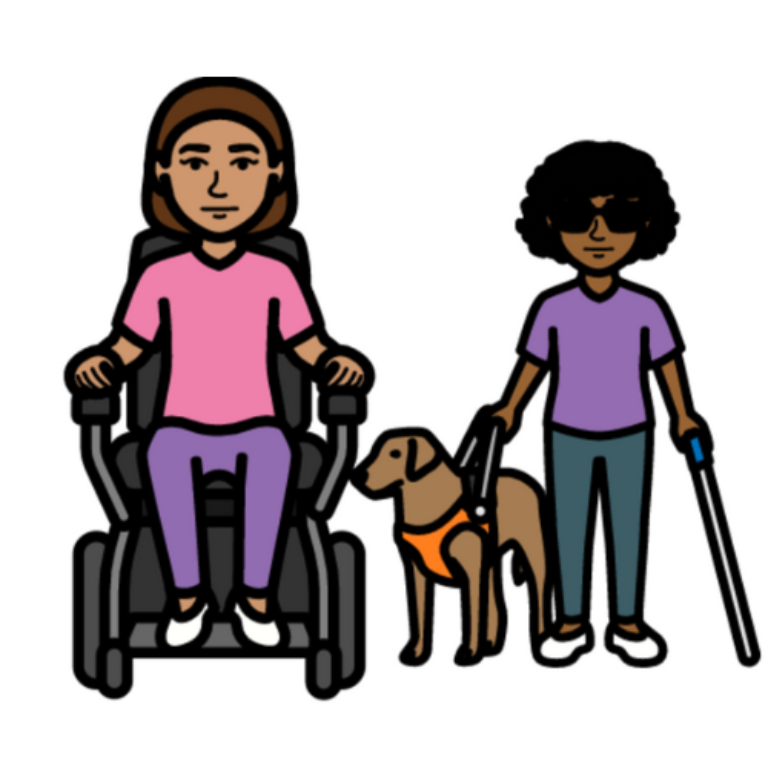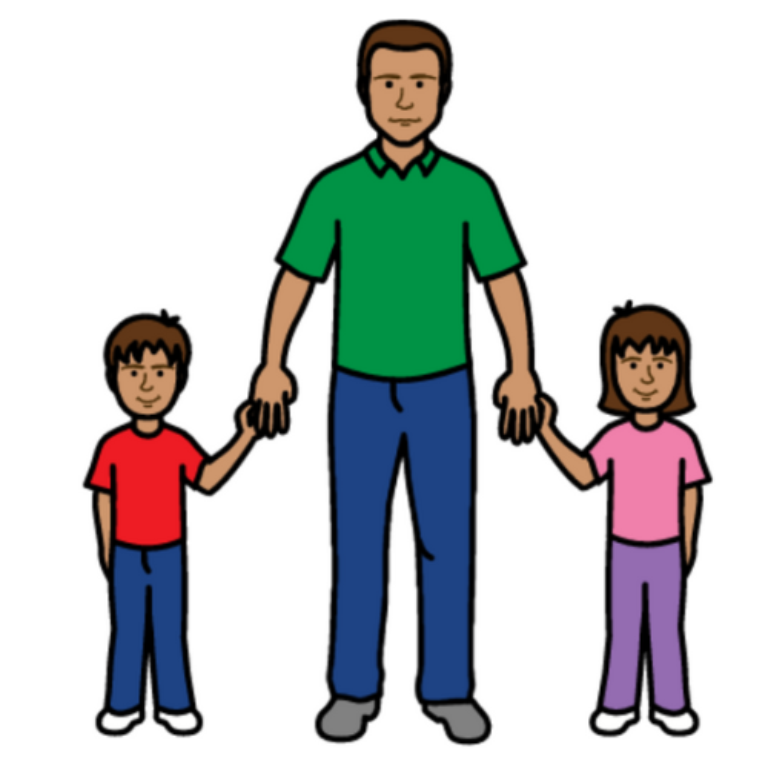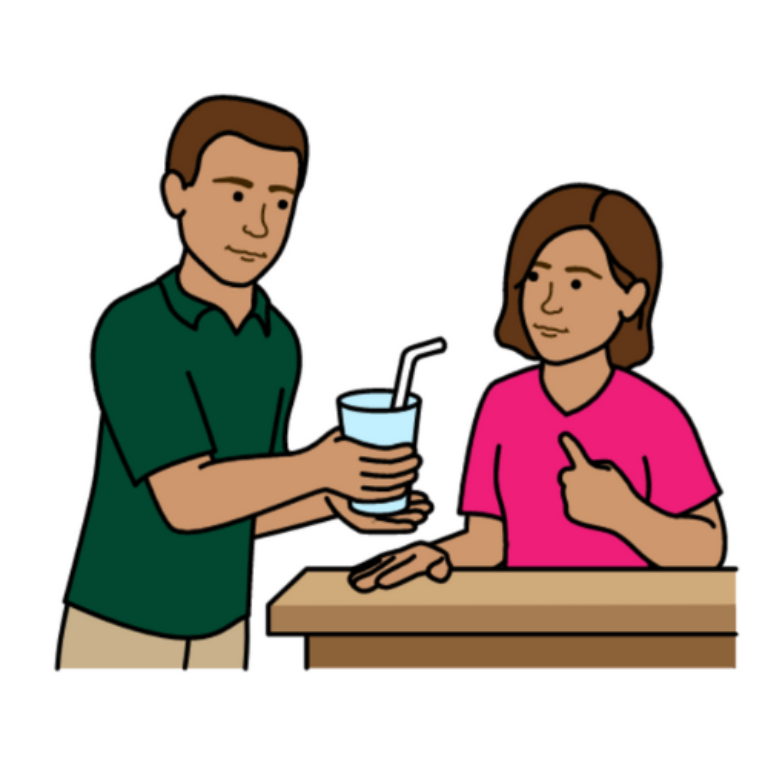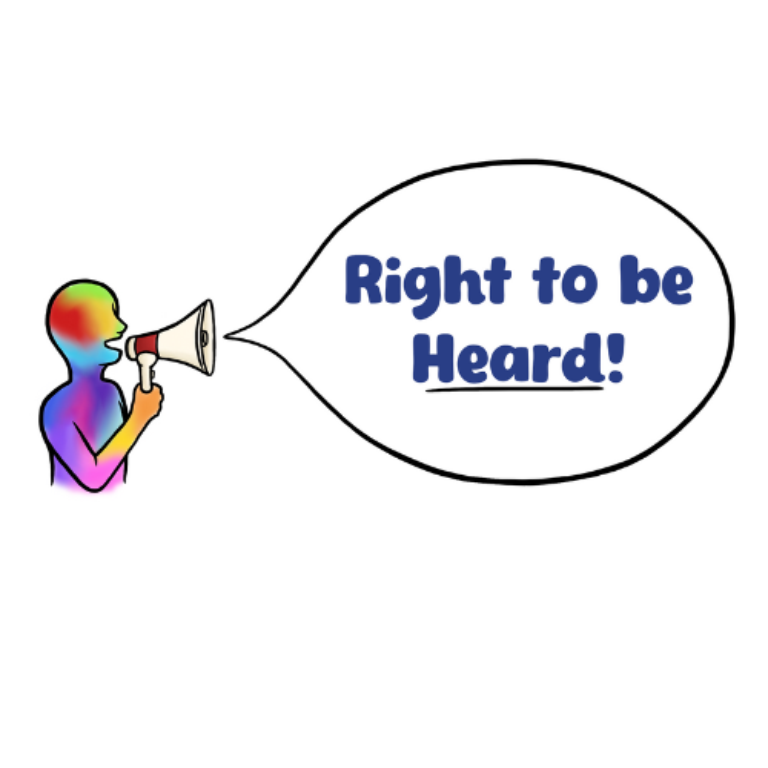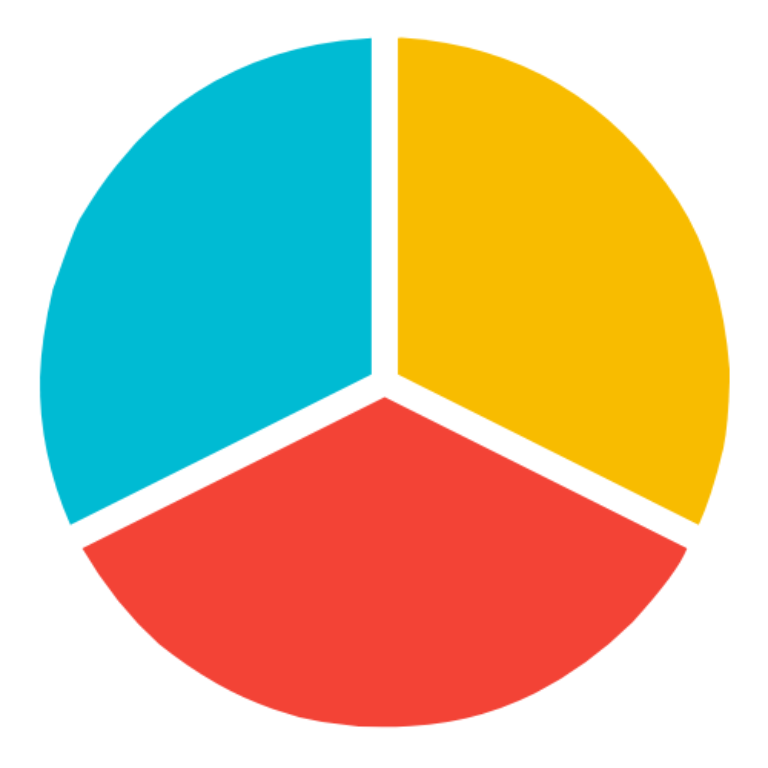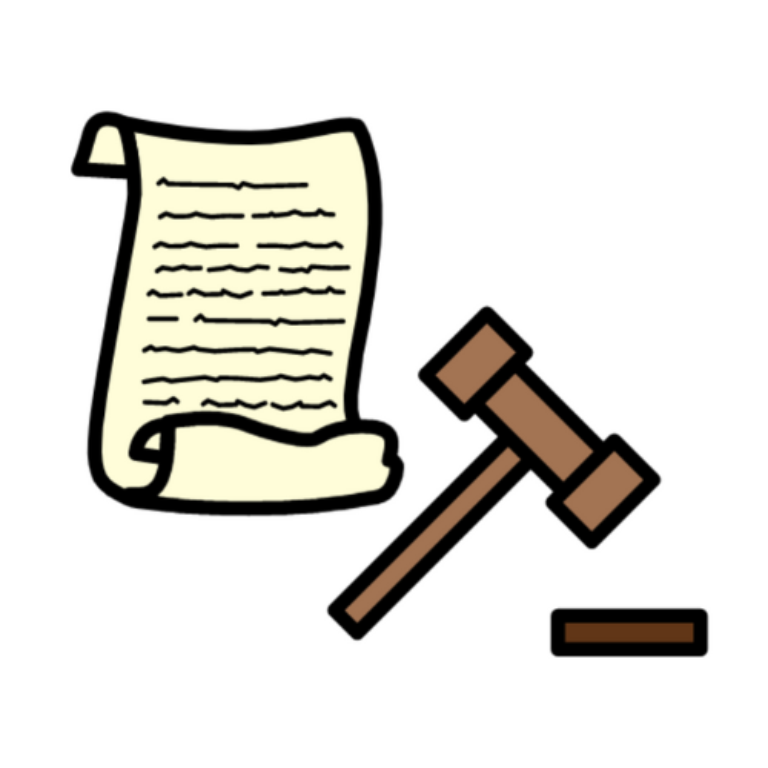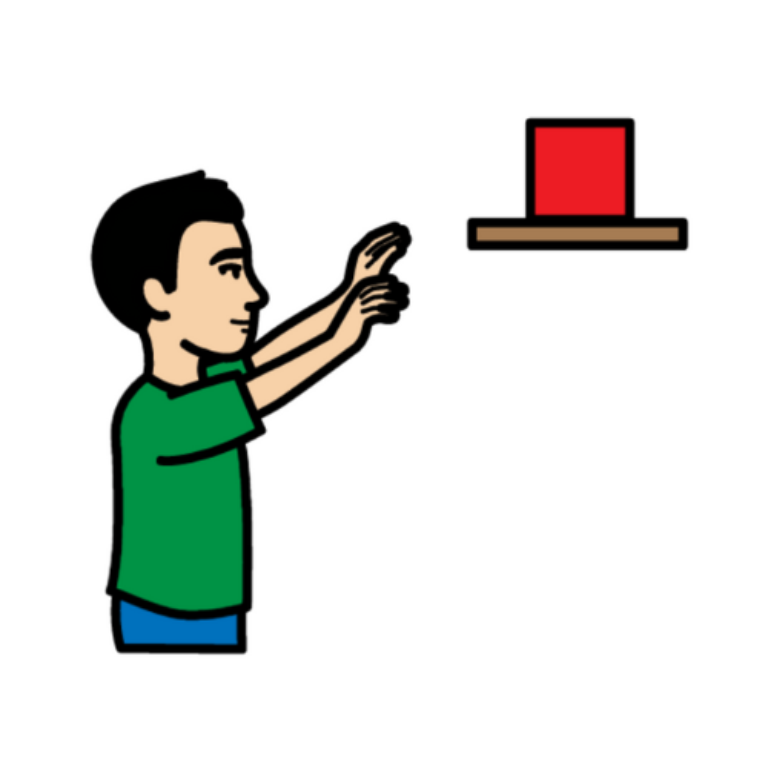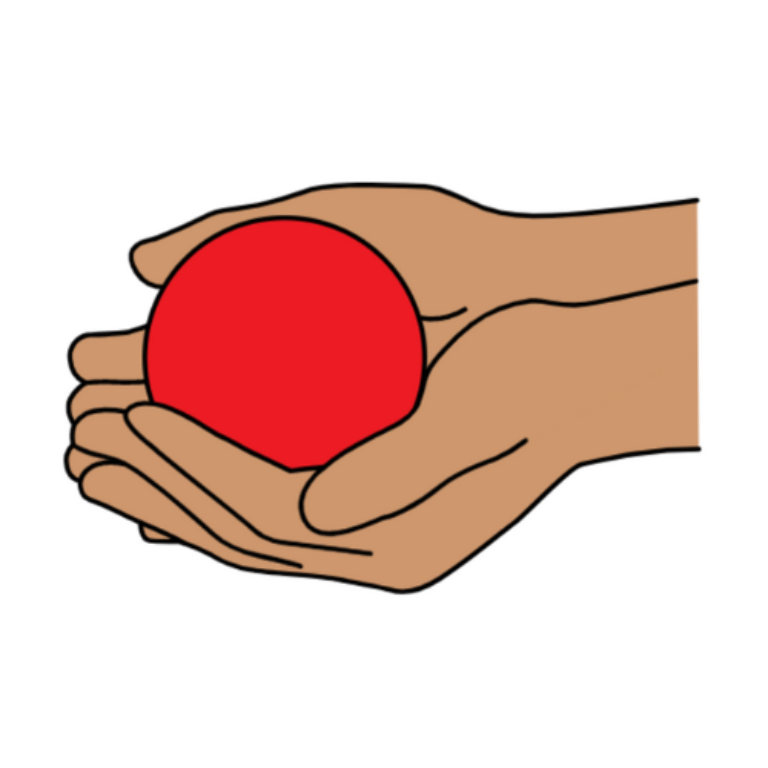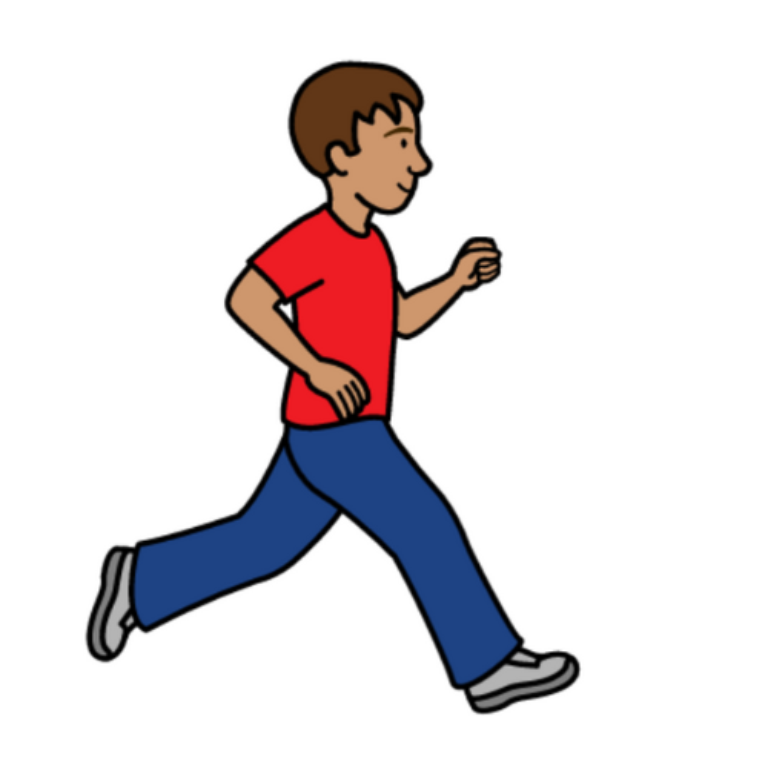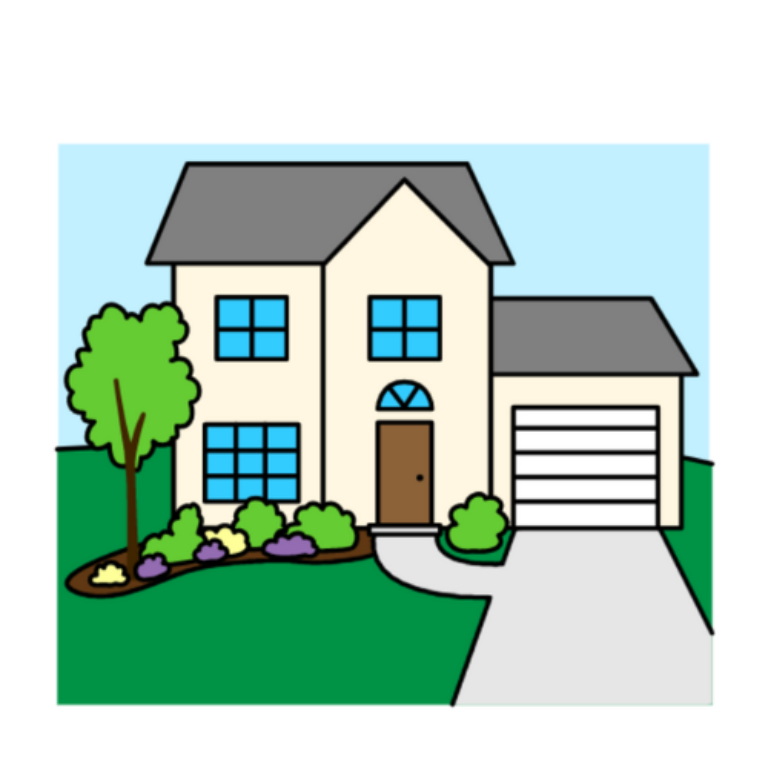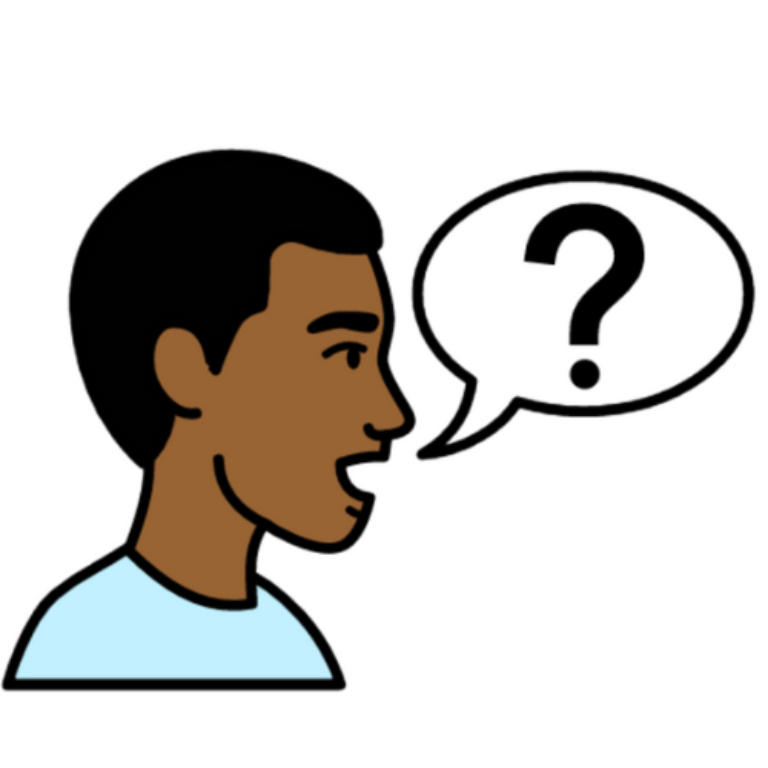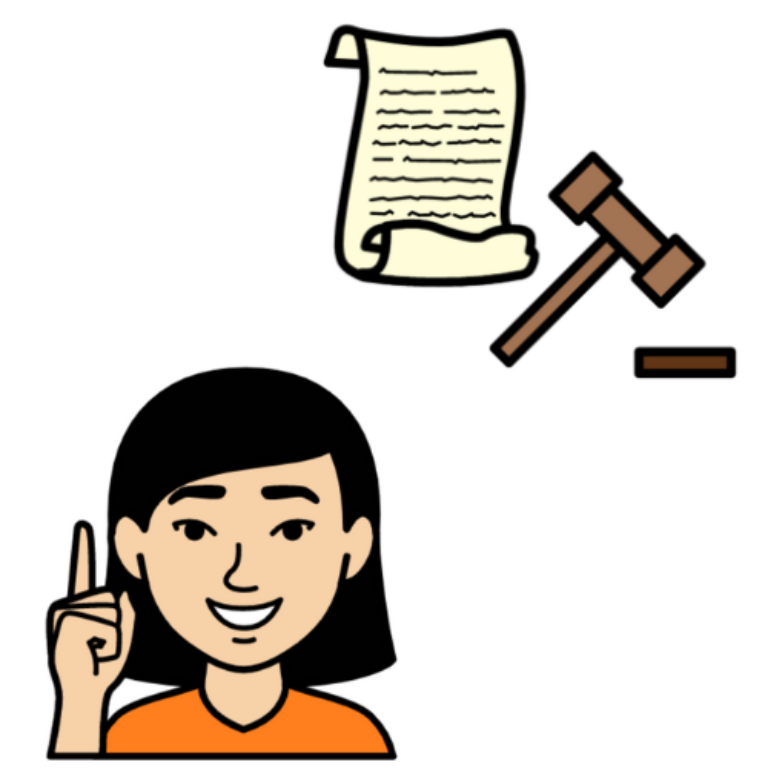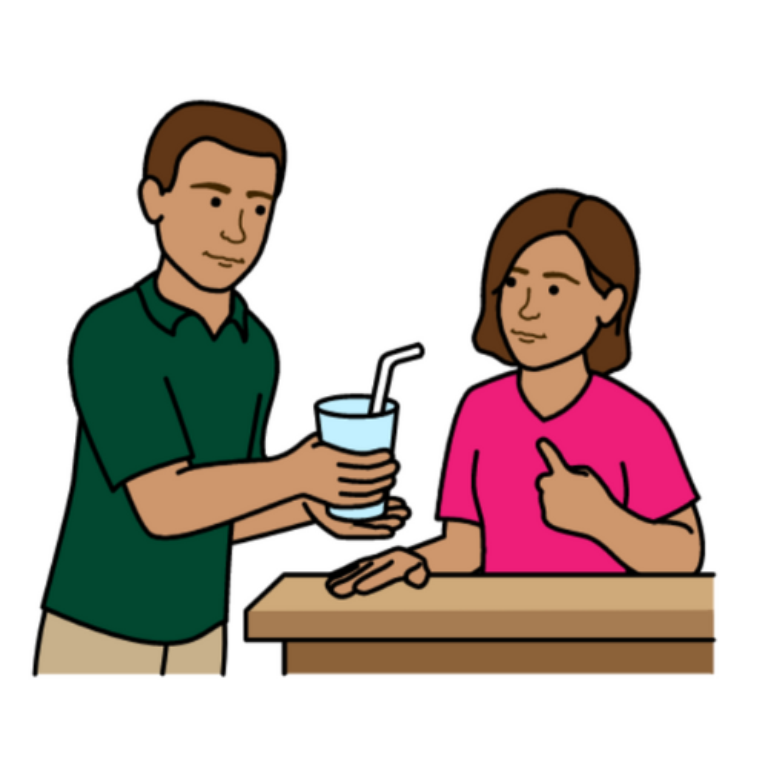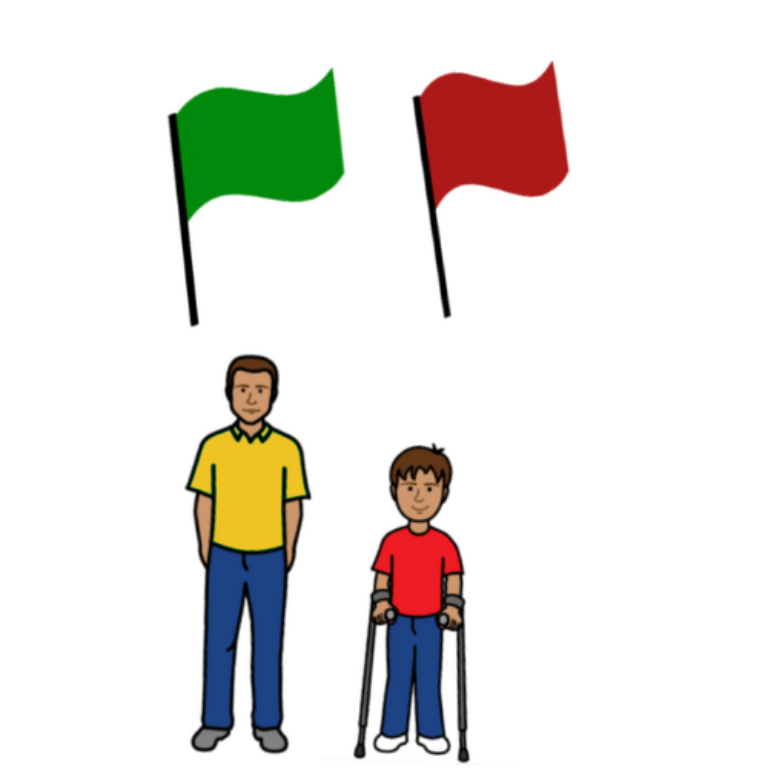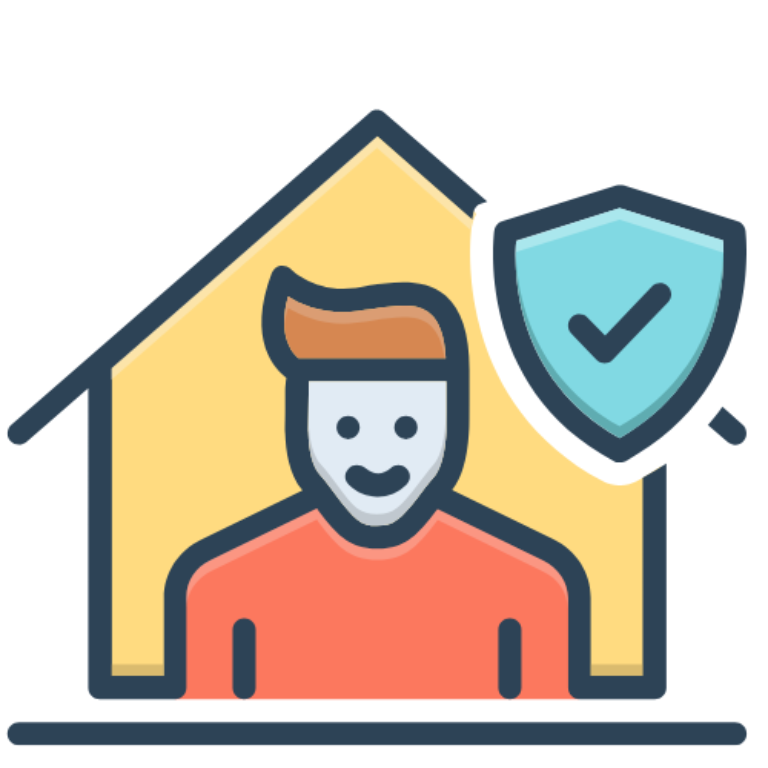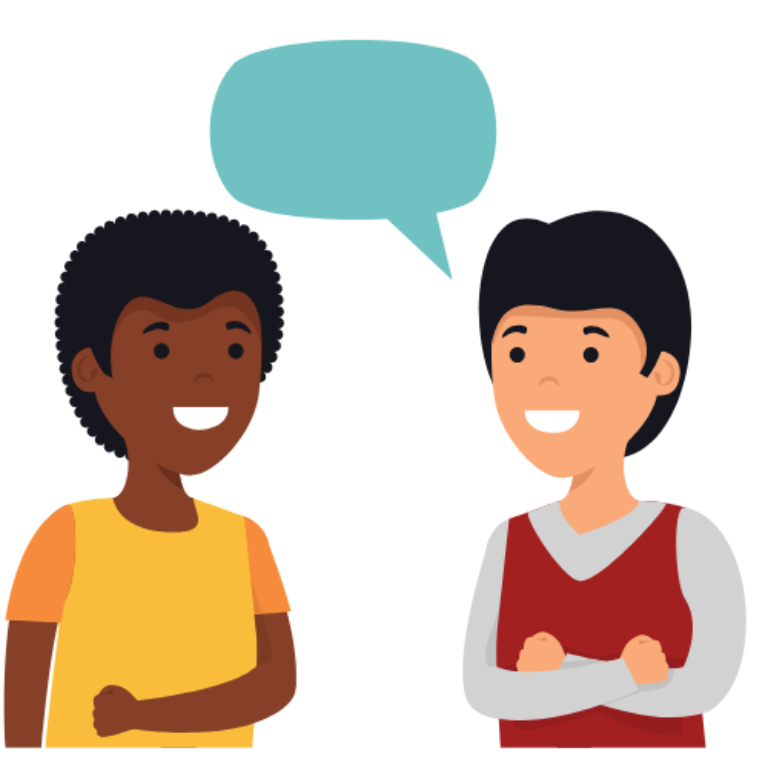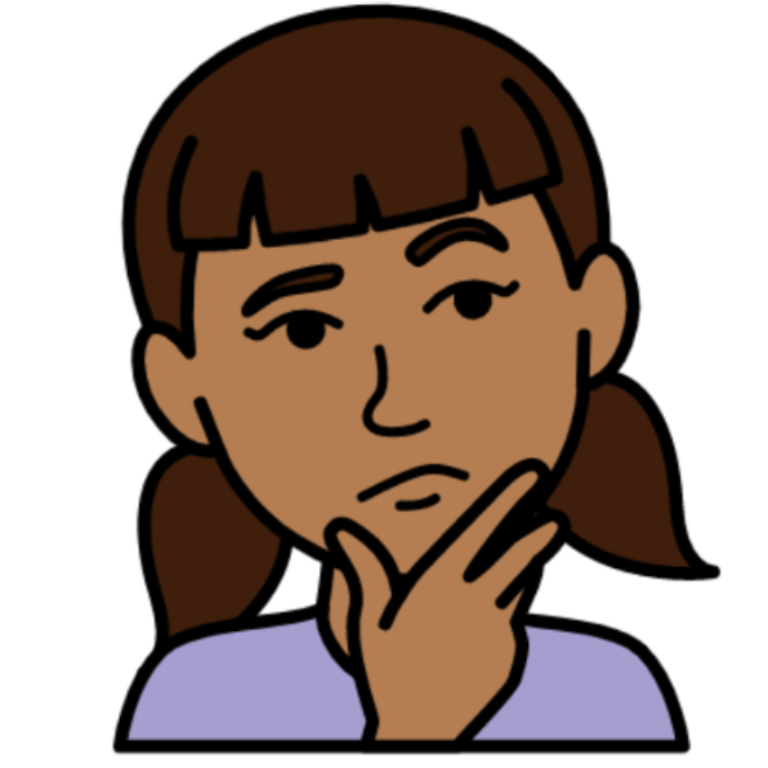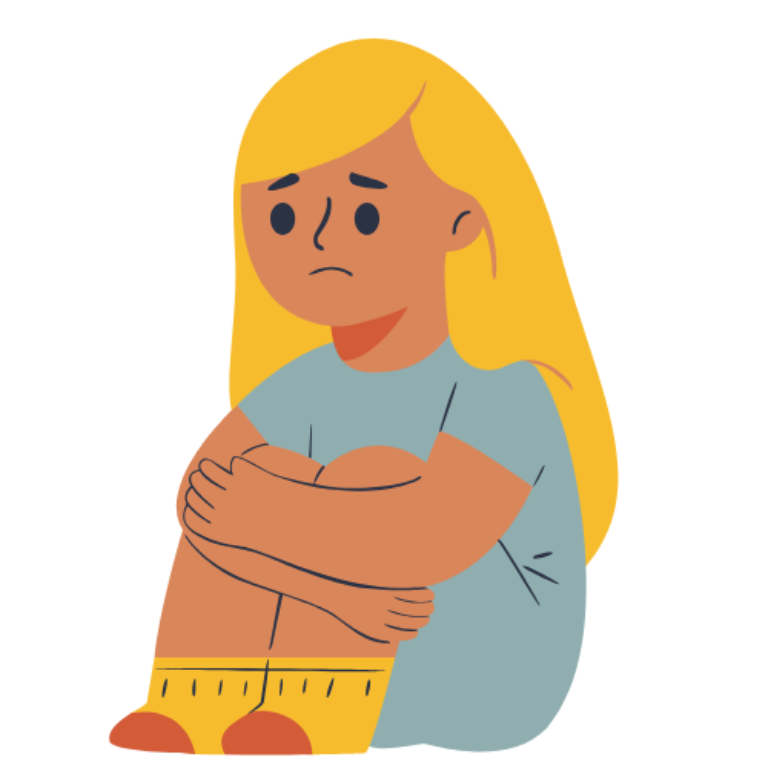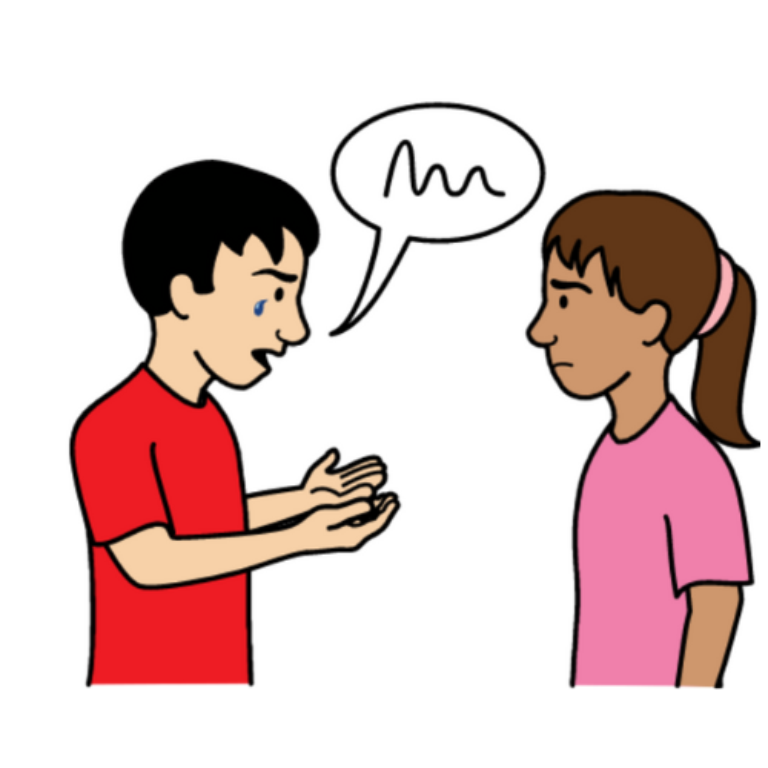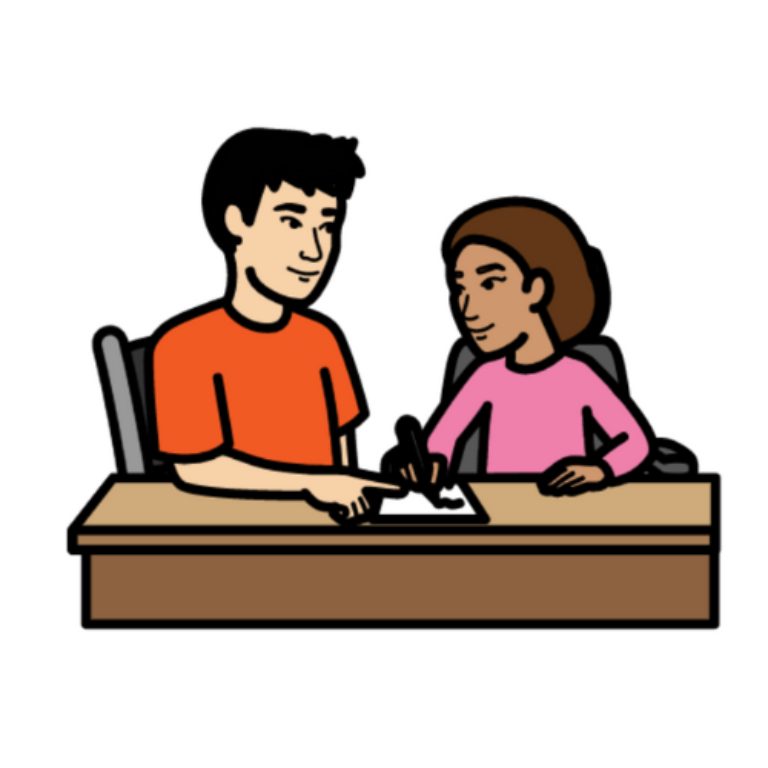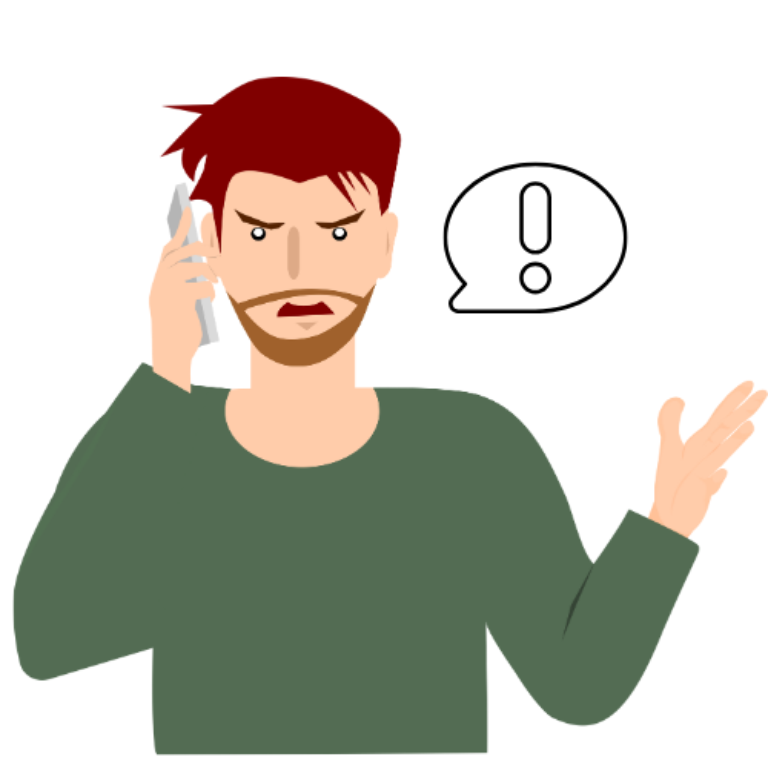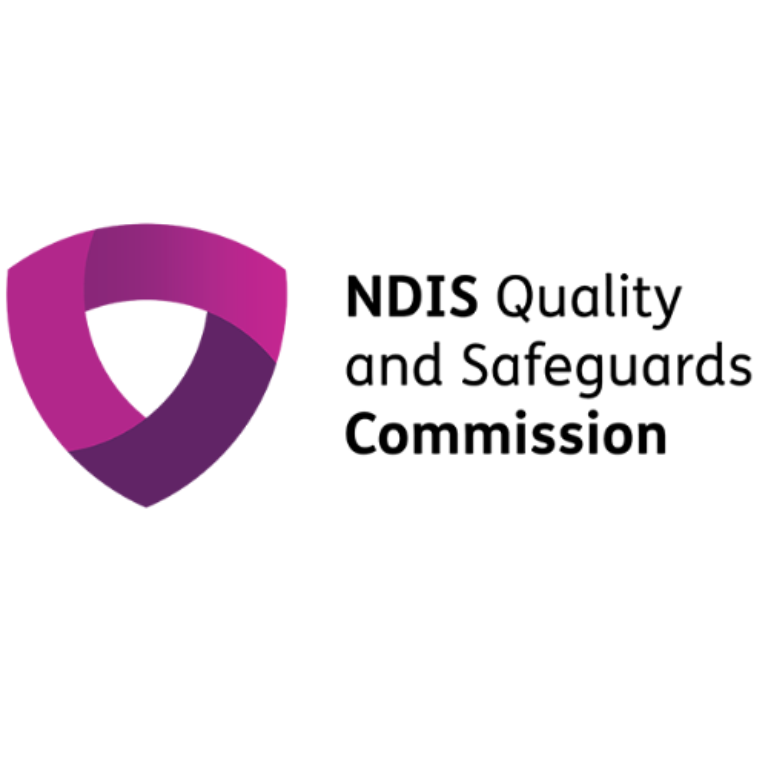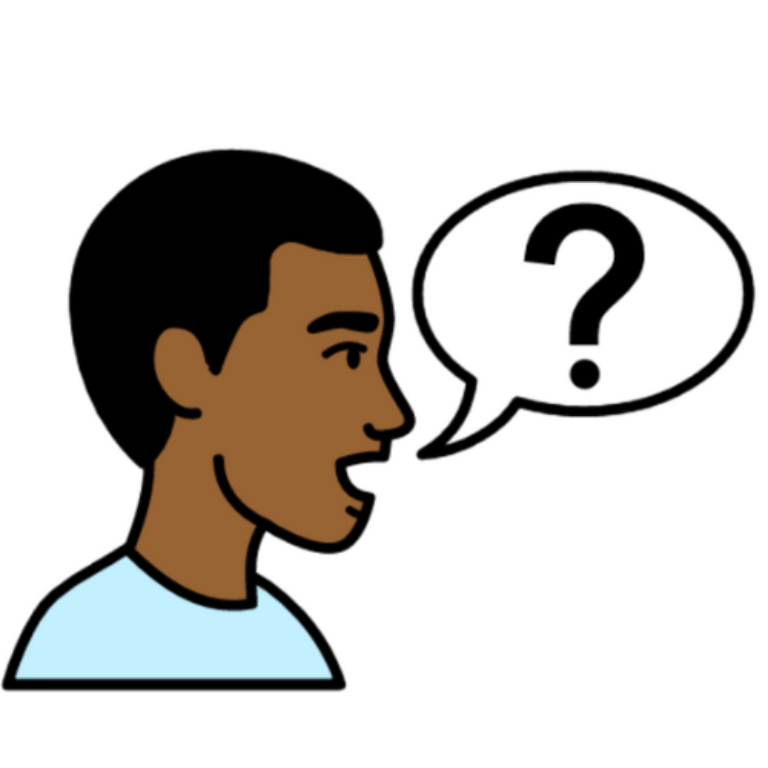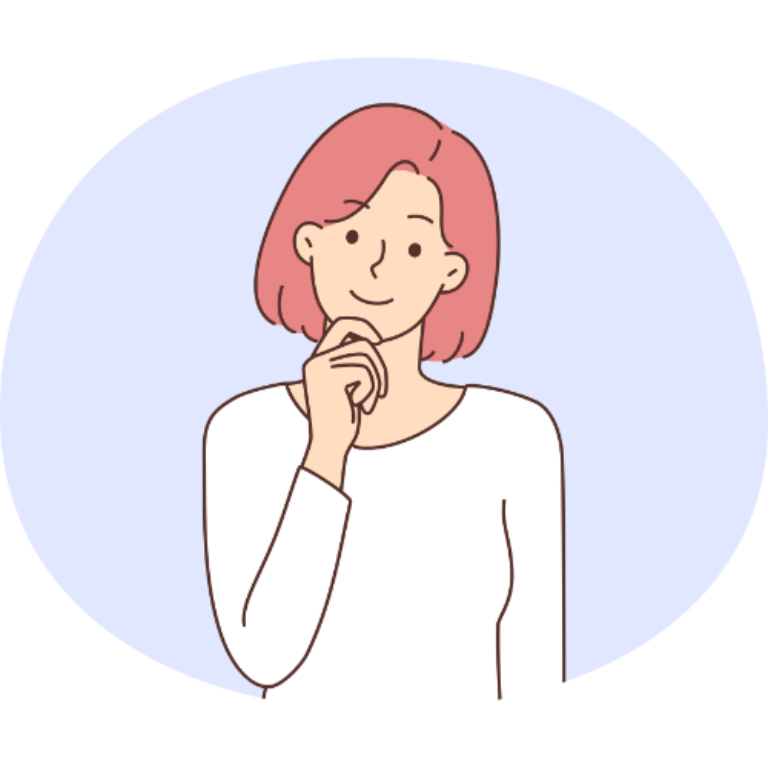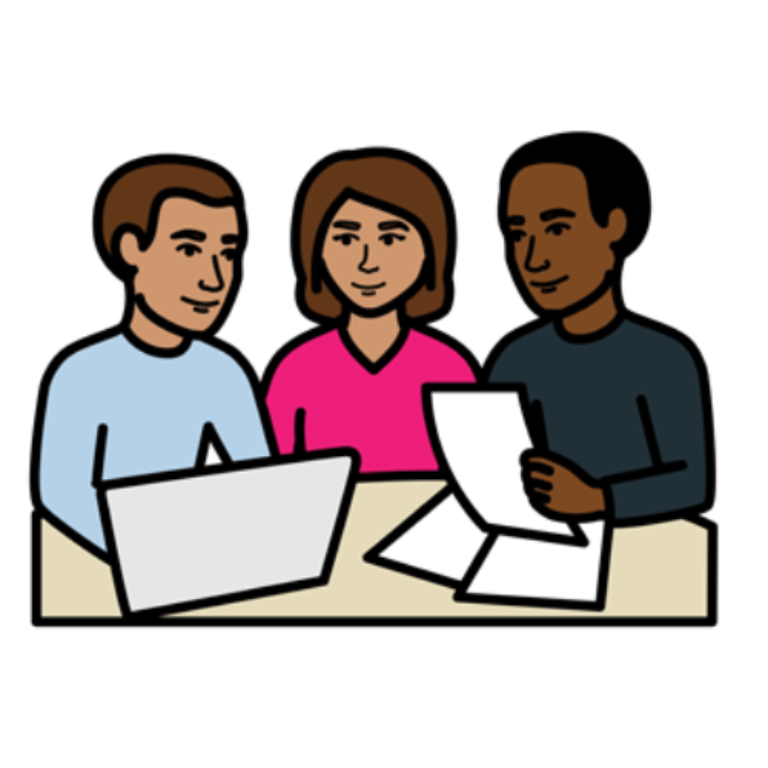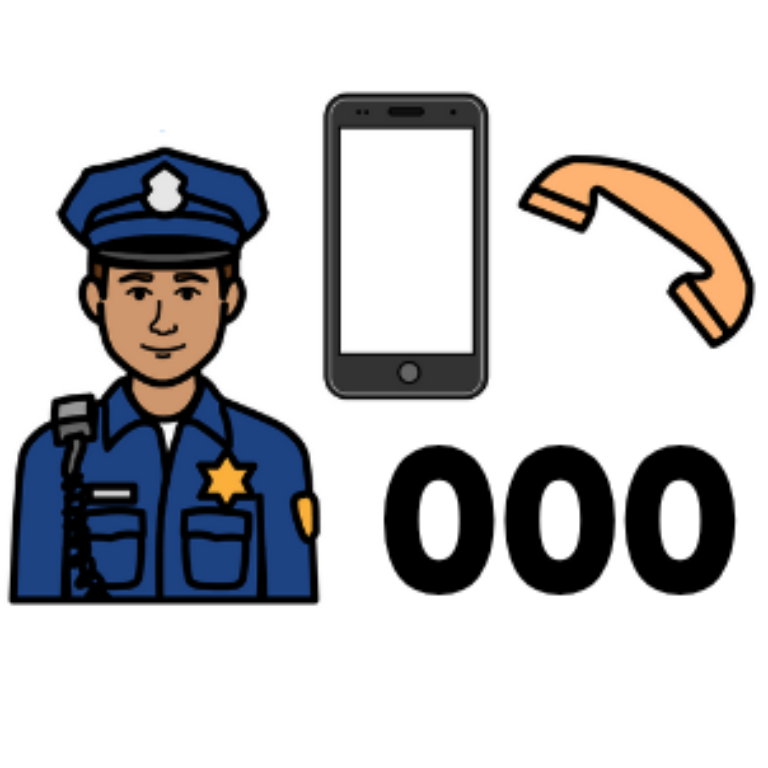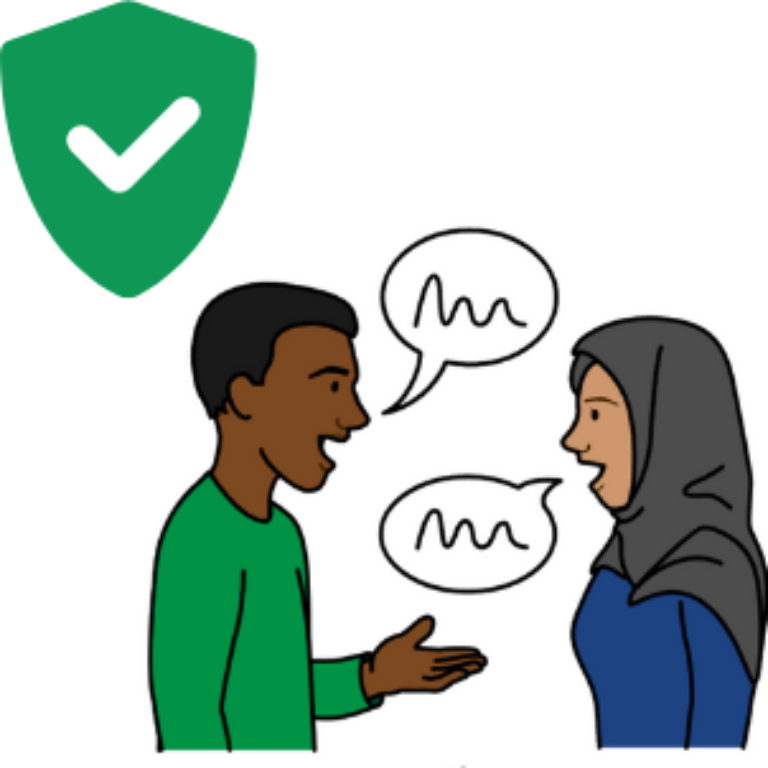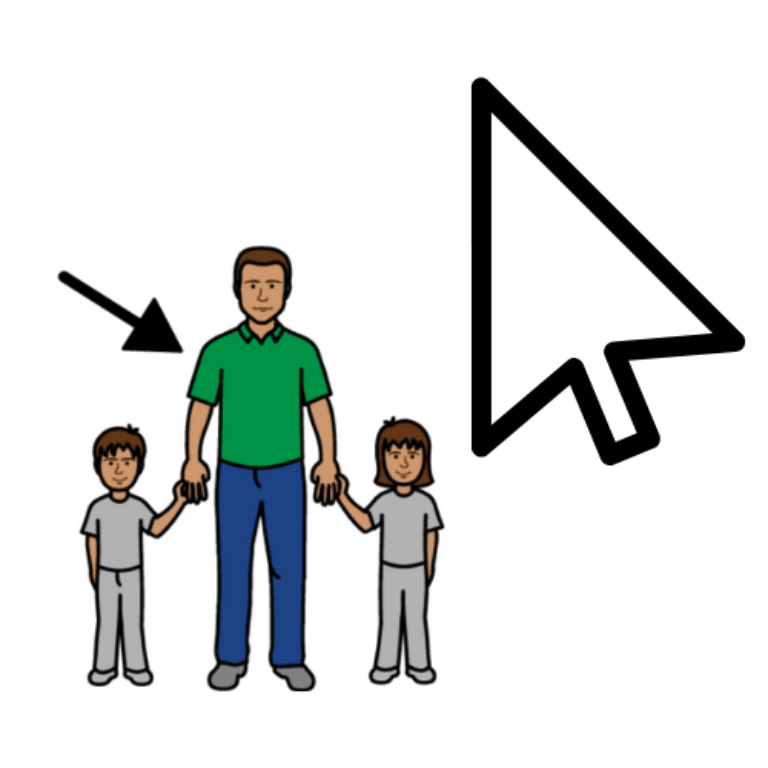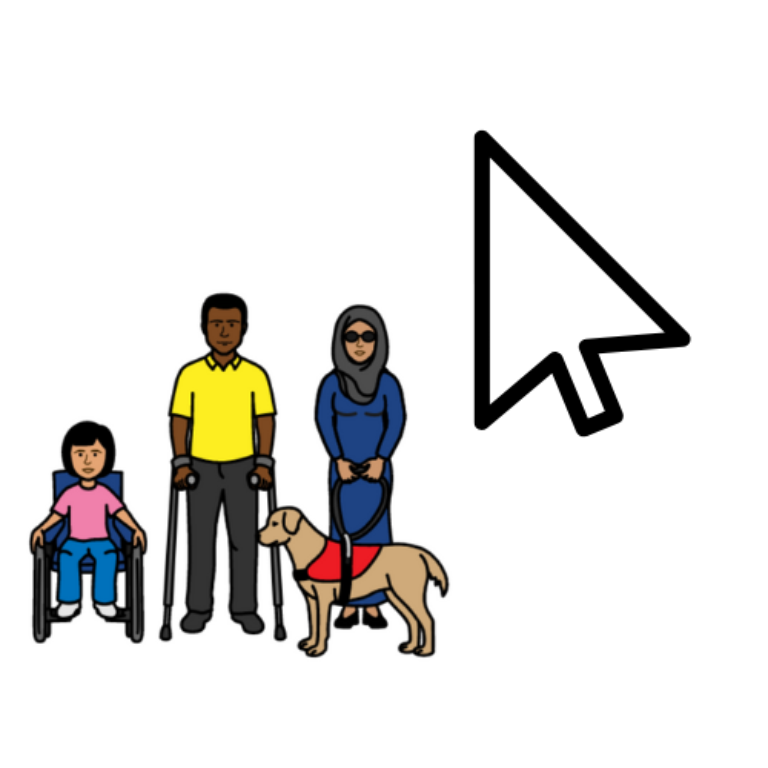How to use this hub to support disabled young people
What is this hub?
This hub is a website developed by and for disabled young people.
It exists to support them to know and understand their rights, and to self-advocate when there is a problem.
Who created this hub
This website was developed by the Youth Disability Advocacy Service with the support of the NDIS Quality and Safeguards Commission.
The project was co-designed by an advisory group of 13 disabled young people. These young people are from across the country, and represent the diversity of the disability community.
An additional 15 disabled young people developed content that you’ll find throughout the site.
Who it can help
This website has been developed to support any disabled young person between the ages of 12-25 in Australia.
The content and resources may also be useful for those outside the age range.
We have also developed resources for families and carers of disabled young people. These resources provide information about supporting the disabled young people, and how to empower them.
There is also section for service providers, specifically for people who have decision making power, such as HR professionals. It incorporates child safety, making complaint processes accessible, and how to best work with disabled young people.
What is the goal of this hub?
The goal of this hub is to make sure that disabled young people, families and carers, and NDIS providers have the resources and tools they need to make sure that young participants are empowered, protected and safe.
This looks like disabled young people:
- understanding their rights
- knowing how to speak up if something is wrong
- playing a central role in developing and shaping the supports they receive
- feeling confident, safe, and supported to act when services do not meet their expectations or protect their rights, safety, and wellbeing.
Where to start
When identifying where to start with this hub, it might help to figure out what the disabled young person needs. Otherwise, it may be helpful working through it in chronological order.
Working through this hub with a disabled young person is a great way to build their skills, increase their confidence and empower them to speak up.
You don’t need to be an expert—your role is to hold space, listen, and walk beside them.
Section 1: Rights
The first section is about the rights of disabled young people. Understanding rights is an essential tool in self-advocacy, and can empower disabled young people to talk to someone if they think something is wrong.
The first section introduces human rights, the rights of disabled people, and the rights of young people.
Conversation Starters:
- Have you ever felt like someone didn’t respect your rights?
- How do you think knowing your rights might help you in everyday life?
- The next page is specifically about rights in the NDIS.
Conversation Starters:
- What do you expect from people who support you?
- What does “choice and control” mean to you?
- The next page, General rights, focuses on the rights that everyone in Australia has.
Conversation Starters:
- What would you want to happen if a support person treated you unfairly?
- Have you ever had to speak up about something? What helped—or what made it hard?
- The final page of this section focuses on what these rights can look like in practice.
Conversation Starters:
- Have you ever noticed a red flag when working with a support worker?
- How would you want to deal with a red flag if you saw one?
- What helps you feel safe and respected when working with someone?
Reflect together
- What have you learned about your rights today?
- What kind of support do you want from me moving forward?
Section 2: Something is wrong
The second section is about supporting a disabled young person to identify the signs of a problem with their disability supports, and what they can do about it.
You can work through the activities in this section with the disabled young person, or work with them to identify other signs of a problem.
Discussion points:
- How does your body let you know when you’re feeling uncomfortable?
- What do you usually do when you feel hurt, ignored, or unsafe?
- Some disabled young people feel like their problem isn’t ‘big enough’ to raise. This can be a great starting point for conversations around when to speak up when something is wrong, and who they might speak to.
Discussion Points:
- Have you ever felt unsure about whether something was a “big enough” problem to speak up about?
- Who do you feel safe talking to if something is bothering you?
- How can I (or someone else) make it easier for you to speak up?
The next page includes information and skill building around asking for help.
Discussion Points:
- What kind of help do you think you might need when something isn’t right with your disability supports?
- What kind of support feels most helpful when you’re going through a tough time?
- The final page in this section includes a list of actions to take if a disabled young person feels like they aren’t being believed when they ask for help.
Discussion Points:
- Have you ever felt like someone didn’t believe you when you shared how you felt?
- Who do you trust to listen and take you seriously?
- Reflect
-
- What did you learn about recognising when something is wrong?
- What would help you feel more confident speaking up?
-
- Reflect
Section 3: Take Action
The Take action section of this hub is most beneficial for disabled young people who have identified they have a problem, and want to do something about it.
This section breaks down the steps of making a complaint.
There are resources on the first page to foster communication, and tips and tools that can support a disabled young person to share their concerns.
The next three pages outline steps that can be useful if a young person goes to the NDIS Commission.
The penultimate page of this section is about the actual steps involved in making a complaint.
The final pages outline what the service provider should do, the rights that disabled young people have after they’ve made a complaint, and what to do if they’re not happy with the outcome.
Discussion Points:
- If you could change something about your supports, what would it be?
- What steps would you like to take, if any?
- What support do you want from me?
Stay safe
Call 000 if you are in danger now. If someone is hurting you or you feel unsafe, tell someone you trust as soon as you can.
You can also contact Kids Helpline anytime on 1800 55 1800 or chat to them on the Kids Helpline website. They provide free support to people who are 25 years old or younger. No problem is too big or too small.
Kids Helpline has also created a guide to staying safe when leaving right away isn’t an option.
What’s Next?
Have a look through the website! There are a tonne of videos, downloadable resources, and great information that you can work through with the disabled young person you support.
If you have any feedback, we would love to hear it. Whether it’s something you think that is missing, or if you want to share a positive experience you’ve had because of this hub, it all helps!
And finally, tell others about this hub. With your help, we can work to make sure that disabled young people across the country know about their rights and how to speak up.
